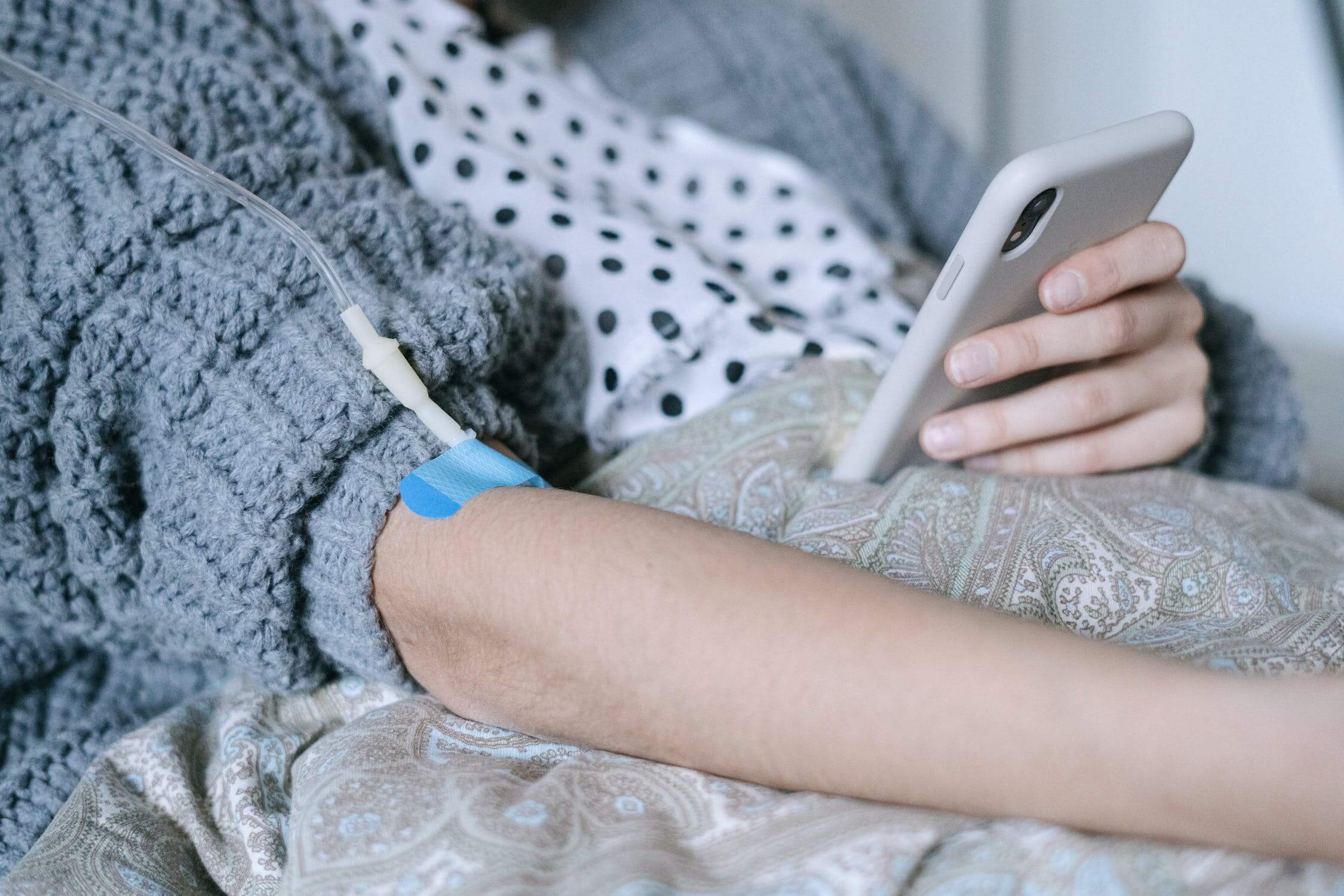There are trillions of cells in our body and they are continuously dividing and multiplying, forming new cells to replace old or damaged cells. Cancer is a disease in which some of the body’s cells start to grow abnormally and develop into lumps of cells called tumours. These cells can spread to other parts of the body.
Not all lumps of abnormal cells are cancerous. Non-cancerous cells are referred to as benign tumours. Meanwhile, cancerous tumours are called malignant - these can cause
severe problems for the body as they invade normal tissue.
However, there are many types of cancer treatment available for patients. The type of cancer treatment a patient will undergo depends on their specific disease and cancer staging.
Common Cancer Treatments
There are many different kinds of treatments for cancer. Treatment options will depend on the kind of cancer, the stage of it, and where it is situated in the body. Cancer treatments include:
- Surgery: Involves an operation where the cancerous tumour is cut out.
- Chemotherapy: Certain drugs are used to kill cancer cells. This can cure cancer, slow the spread or help stop the cancer returning.
- Radiation Therapy: This uses high doses of radiation similar to x-rays to kill the cancer cells. Radiation therapy targets the part of the body where the cancer is. There are two types: 1) External Beam and 2) Internal Radiation (Brachytherapy), which treats a specific part of the body by placing an object containing radiation inside the body.
- Cryoablation: Also called cryotherapy or cryosurgery. This uses very cold gas to freeze and destroy cancer cells.
- Hyperthermia Treatment: Uses heat to destroy cells and is often used in combination with chemotherapy and radiation therapy to make these more effective.
- Hormone Therapy: Used to treat cancers that make use of hormones to grow. It slows or stops the growth of these cancers.
- Immunotherapy: Boosts your immune system (with what) to help it strengthen against the growth of cancer cells.
- Photodynamic Therapy: Uses a drug activated by light to kill the cancerous cells.
- Stem Cell Transplants/Bone Marrow Transplants: Often used to treat blood cancers or cancers of the lymph nodes. They are procedures where your doctor puts back stem cells into your body so that they can grow into normal blood cells. This therapy is also used in people whose blood cells have been decimated by high doses of chemotherapy or radiation therapy.
- Targeted Drug Therapy: Aims to impact on the proteins in cancer cells that help them grow, divide and spread. This is not the same as chemotherapy which targets all cells that grow and divide quickly. A doctor will need to check first to see if the cancer will be responsive to this type of therapy.
- Radiofrequency Ablation: The use of radiofrequency energy which is delivered via catheters to heat up and destroy damaged cancerous cells in your body.
What Type of Cancer Treatment Will I Need?
Depending on the cancer and how far it has spread, a patient may have only one kind of treatment. However, it is common for doctors to combine treatments to maximise the results.
What treatment is used ill also depend on the goal. For instance, cancer treatments are also sometimes classified as:
- Primary Treatment – The intention is to get rid of the cancer entirely.
- Adjuvant Treatment – The goal is to get rid of any remaining cancer cells after the primary treatment has been administered.
- Palliative Treatment – This aims to help patients feel better rather than to cure the cancer itself. It is often described as the treatment received if the type of cancer is incurable, or terminal, and its aim is to make one feel as comfortable as possible despite the progression of the disease.
Getting a cancer diagnosis can be overwhelming and create a lot of fear and confusion. You will no doubt have many questions you need answering as you come to terms with your diagnosis and what it means for you and your family. It is important to speak to your doctor to find out what the various options are at your disposal.
Cancer Treatment Side Effects
Cancer treatments come with varying side effects, so it is often important for patients to understand their options beforehand.
If appropriate, a doctor will do biomarker testing to help select an appropriate treatment. Biomarkers are genes and proteins and other substances that give clues to the cancer one might have, and help guide a health professional in deciding what kind of cancer treatment is most suitable.
Below, find some of the common side effects associated with common cancer treatments:
- Chemotherapy - Can impact healthy cells, mouth sores, nausea, hair loss, anaemia, loss of appetite, bruising and/or bleeding
- Surgery - Pain, risk of infection, fatigue, bleeding
- Radiation Therapy - Fatigue, hair loss, headaches, memory or concentration problems, nausea
- Cyroablation - Cramping, bleeding
- Hormone Therapy - Hot flashes, fatigue, loss of libido, weight gain or memory problems
- Immunotherapy - Flu-like symptoms, nausea, weakness, muscle or joint aches, headaches
- Photodynamic Therapy - Skin problems (redness, swelling, stinging or itching), shortness of breath, stomach pain
- Stem Cell/Bone Marrow Transplants - Mouth or throat pain, nausea, vomiting, bleeding
- Targeted Drug Therapy - Fatigue, mouth sores, high blood pressure, skin problems
- Radiofrequency Ablation - Skin numbness, soreness at injection site, mild headaches or dizziness
It is important to keep in mind that side effects will vary by patient. Some patients may even experience additional side effects not listed above. Consulting a doctor about any side effects you may be experiencing, or concerned about, is always advised.
Similarly, patients may want to consult a second opinion before undergoing treatment, due to possible side effects.


 71–75 Shelton Street, Covent Garden, London, WC2H 9JQ
71–75 Shelton Street, Covent Garden, London, WC2H 9JQ +44 (0) 20 3376 1032
+44 (0) 20 3376 1032



